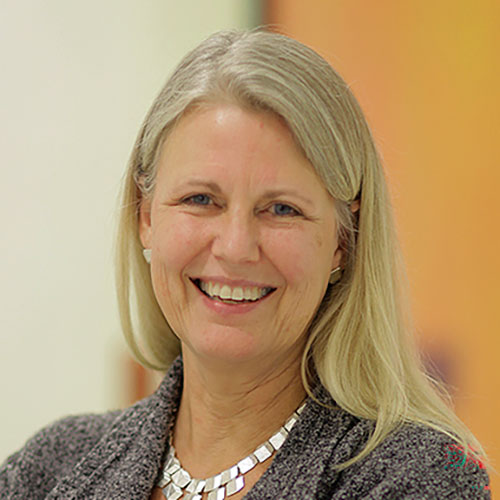
#IDIBELLseminars: Supportive care in cancer: the role of selfmanagement and eHealth
Irma Verdonck-de Leeuw
Amsterdam UMC
17/11/2023
13:00-14:00
Pavelló de Govern – UB & online
Resum
In many countries, government policy statements and national guidelines reflect broad scientific and societal support for an integrated approach to supportive care in cancer patients, including rehabilitation, psychosocial care, and lifestyle interventions. Using patient reported outcome measures (PROMs) in clinical practice is recommended to monitor HRQOL and to facilitate adequate referral to supportive care. Currently, effort is undertaken to use the concept of value based health care to optimize cancer care, which can be translated into three components: patient-centered care, quality care, and affordable care. An important aspect in supportive cancer care is patient’s self-management. E-health applications including PROMs to monitor HRQOL, computerized decision support, and self-help interventions facilitate supportive care. This presentation presents examples of (cost)effectiveness and implementation of supportive cancer care with a special focus on self-management and eHealth.
Hosted by Cristian Ochoa & Joan Carles Medina – Psycho-oncology and Digital Health group (PSODIG)
Biografia
Prof. Irma Verdonck-de Leeuw is a full professor in Psychosocial Oncology at AmsterdamUMC (Otolaryngology Head and Neck Surgery) and the Vrije Universiteit Amsterdam (Clinical, Neuro- and Developmental Psychology).
She has significant experience in health related quality of life and psycho-oncology research.
She is principal investigator of NET-QUBIC, a multicentre cohort study on head and neck cancer in which a Data Warehouse and Biobank is established of 738 HNC patients and 262 informal caregivers.
She focusses on innovating (cost)effective supportive cancer care, including self-management and eHealth. She has translated several research projects into clinical practice, such as Oncokompas (a self-management behavioral intervention technology to monitor quality of life and obtain personalized advice). She supervised 25 PhD students and published more than 250 papers.
